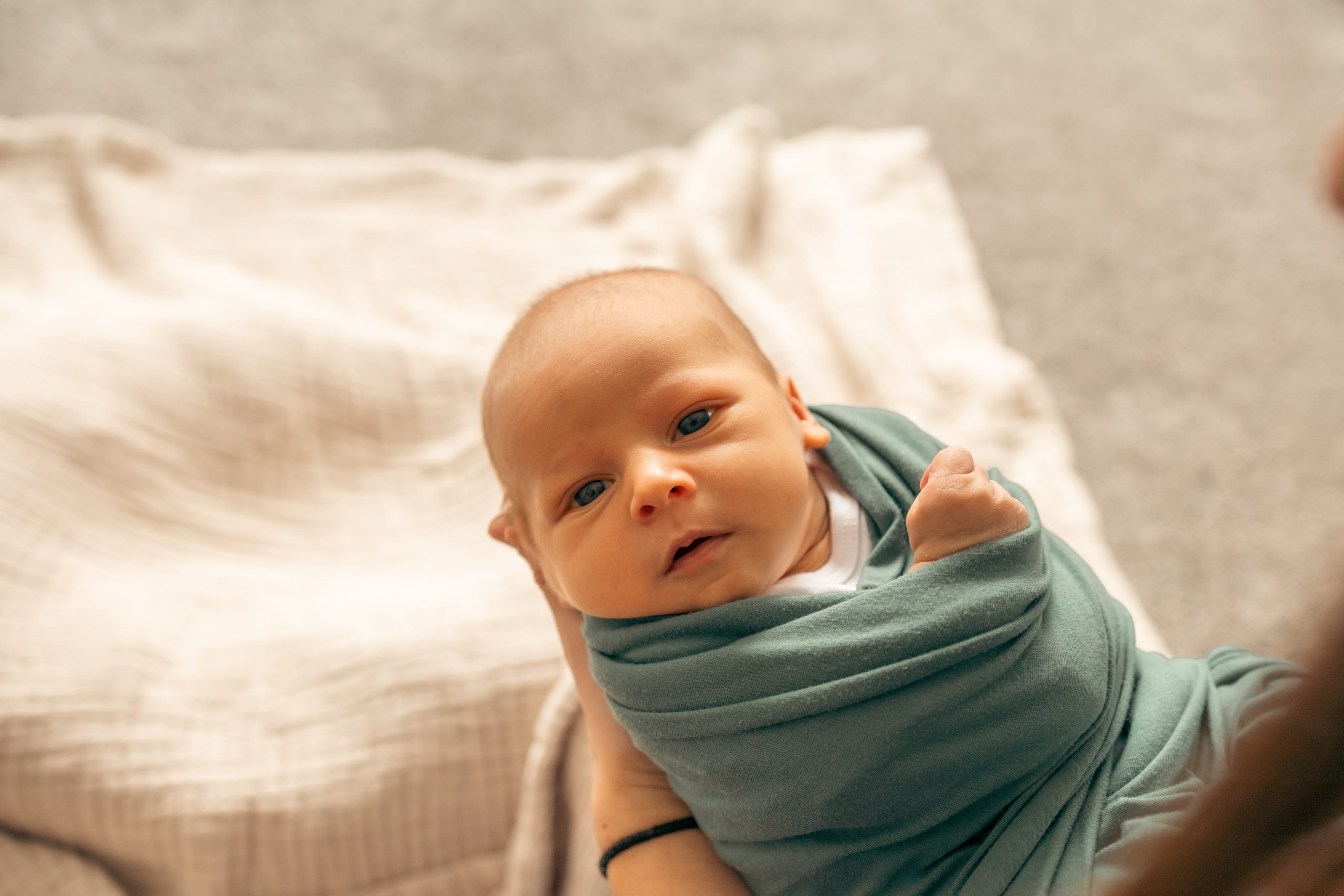
GET STARTED WITH A FREE CUSTOM SCHEDULE AND PLAN OVERVIEW ON OUR MOBILE APP →
TRY BATELLE FOR FREE →

Batelle’s Chief Operating Officer, Gigi Brett, explains how solving parental sleep deprivation for working mothers can have outsized effects on retaining senior female employees.
In recent years, the workplace has undergone a dramatic shift. Conversations around quality of life, burnout, and equity have brought about a surge of improvements in work benefits and work environments. Many of these changes are specifically geared toward women, and for good reason: according to the US Chamber of Commerce, one million women are missing from the labor force in the US compared to pre-pandemic, whereas men have largely returned to work. The same study shows that 58% of parents leaving the workforce gave “unable to find childcare solutions that meet needs” as the reason for their departure. This problem is even more severe than at first glance. If you look at this data in relation to the seniority of women employees not returning to work after having children, it raises quite dramatically:
This means businesses are not just losing female talent – they are disproportionately losing their most senior women. Many companies have gone to extreme lengths to retain female talent. Generous maternity leave is one; provision of childcare is another. However, more and more companies have introduced another type of benefit: fertility treatments. This can take many forms, from freezing of eggs, to surrogacy, adoption, or IVF. Such measures are not only incredibly expensive if not covered by medical aid, ranging from 6K – 20K for egg freezing procedure plus $600 every year for storage, but are often seen as self-serving. Ultimately, companies are giving women a way to avoid becoming pregnant during their peak career-building years. While this benefit is in hot demand, companies are being forced into an uncomfortable position of either being seen as pro-career or pro-family.
There appear to be two main reasons for this attrition. The first is children, and the second is burnout. Although these two issues appear distinct at first glance, the combination is the most interesting.
“Ultimately, what companies are doing is giving women a way to avoid falling pregnant during their peak career-building years.“
Having children is a big undertaking, especially for women. According to the Center for Global Development, if you are a mom, you will likely take between two and three times as much of the childcare burden as a father. Since the pandemic, this statistic sits closer to 3x. Furthermore, according to the US Chamber of Commerce, 1 in 3 women considered leaving or changing careers due to burnout in 2021. If we look at the biggest predictor of on-the-job burnout, we see that there is an overlap with a significant pain point for new parents: sleep.
According to the National Sleep Foundation, “sleeping less than six hours each night is one of the best predictors of on-the-job burnout.” This lack of sleep may be due to high-pressure jobs that require 16-hour days – or – having children. A recent study suggested that a new parent loses an average of 109 minutes of sleep per night for the first year after having a baby. That’s 646 hours of lost sleep a year.
With women taking this 2-3 times more of the childcare burden, lack of sleep falls more squarely on them. At Batelle, we see this assumption validated time and time again. During the first few months of life, certain sleep habits and associations are formed and children anchor to specific conditions they need for sleep. As about 80% of new mothers breastfeed their babies – (something dad can’t help with), and the fact that babies often feed-to-sleep, this leads to a child associating mom with sleep itself. Therefore, new mothers are often required to be the one to put their baby to sleep, exhausted, dealing with most of the childcare burden – and then, in addition, they must try to balance going back to work. The more senior the position, the more demands and expectations, and thus the more daunting trying to function both as a mother and career woman becomes. It is unsurprising then that the more senior a woman is, the less likely she is to return to work after childbirth.
Luckily for both sleep-deprived parents and their employers, sleep is a very solvable problem. Solving children’s sleep is the cheapest intervention a company can make to retain top female talent. By addressing one of the root causes of attrition, not only will companies save money in employee turnover costs, but they will have more productive and better-rested employees.
For press / PR enquiries, please contact [email protected]
